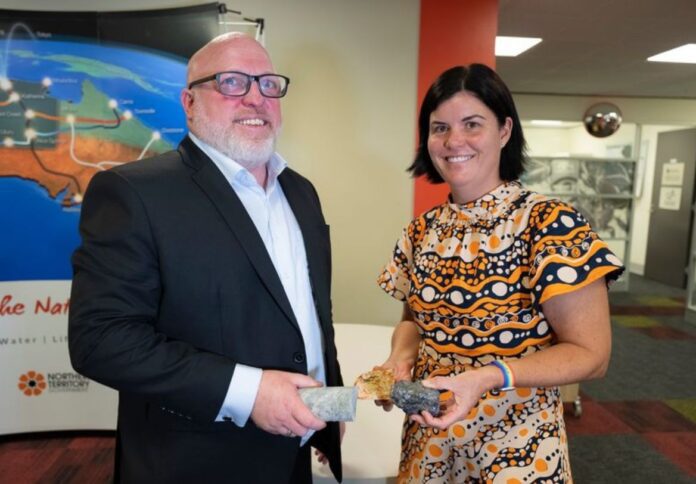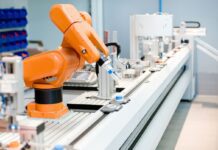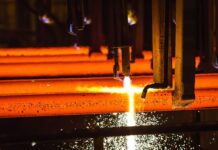
Darwin is set to host a trilateral meeting between industry leaders from Australia, Japan, and the United States to discuss progress in critical mineral and rare-earth element production across northern Australia.
The 2023 Darwin Dialogue, which will be held from 12 to 14 April, comes as the demand for critical minerals skyrockets amid the world’s transition to renewable energy and a spike in the manufacturing of battery storage and advanced technology.
The invitation-only event is supported by the US and Japanese embassies in Australia and is expected to provide a unique opportunity for domestic and international stakeholders to discuss key issues surrounding critical minerals and rare-earth elements in the Territory and northern Australia.
The trilateral meeting will feature multiple discussions focused on national investment, along with the current and future state of critical mineral and rare-earth element supply and demand.
Critical minerals are crucial to the manufacturing of advanced technologies, such as mobile phones, computers, fibre-optic cables, semiconductors, banknotes, and in defence, aerospace, and medical applications.
The Northern Territory is home to a strong pipeline of critical minerals projects, including Core Lithium’s Finniss lithium mine, Arafura’s Nolans rare earths project, and Avenira’s proposed battery cathode manufacturing plant.
“The Territory is rapidly emerging as a key player when it comes to the global supply chains for the critical minerals required for new technologies and the energy transition. The Darwin Dialogue puts the Territory on centre stage for investment. Already we are home to a number of critical minerals projects. We are positioning ourselves for the ongoing benefits and jobs of the future,” said Chief Minister Natasha Fyles.
“The global markets for rare-earth elements and critical minerals are shaping to be the next economic hot zone for the Chinese Communist Party and Australia’s security. Australia is investing heavily in growing its manufacturing capability and should be a partner of choice for US and Japanese industry to support diversified and resilient supply chains,” said John Coyne, ASPI Head of Northern Australia Strategic Policy Centre.



















